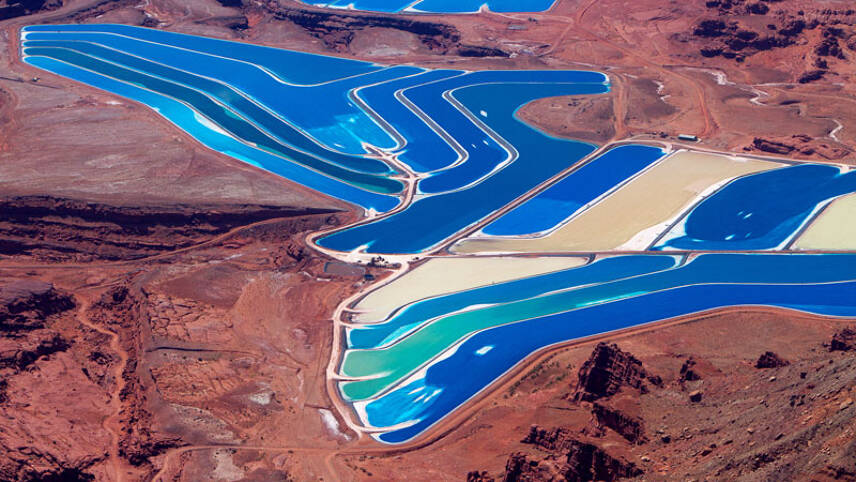Register for free and continue reading
Join our growing army of changemakers and get unlimited access to our premium content

Pictured: Potash/Potassium mining in Utah, USA.
Agency chief Fatih Birol told hundreds of policymakers at a ministerial meeting in Paris this week that his organisation will begin treating critical minerals as a priority, along with its historic focus on fossil fuels and clean energy.
“Currently, we are A, not able to keep up with the demand, and B, the ability of manufacturing these critical minerals is concentrated in one single country or two,” he said.
Previous IEA analysis has revealed that 87% of the world’s lithium production is concentrated in Chile, China and Australia, for example.
Further details of a new critical mineral security programme will be announced in the coming months. Birol has stated that it will incorporate learnings from the IEA’s oil security mechanism, which requires Agency member countries to hold 90 days’ worth of oil stocks in case of supply disruption.
Member nations have had to release the oil stocks five times in its 50-year history, including two times since Russia attacked Ukraine in February 2022.
Birol described the programme’s purpose as “providing a safety net”.
It will form part of a wider workstream on scaling and diversifying critical mineral and material supply chains for the Agency, for which a milestone moment was the organisation’s first summit on the topic in September 2023.
At this summit, 31 governments pledged to implement policies requiring accelerated progress to diversified minerals and increased investment in technologies that extend technology lifespans, enable material efficiency and boost recycling rates.
Nations agreed to work collaboratively on these issues, plus enhancing the quality and accessibility of supply chain data on risks and environmental and social impacts.
French President Emmanuel Macron said that the Agency has “profoundly shifted its mandate”.
“From an Agency dedicated to managing strategic oil reserves, it has now become a global hub for debate and collective action to meet the challenges of the energy transition,” he added.
Global expansion
The IEA’s ministerial meeting this week also saw Birol confirming the launch of the Agency’s first office outside of Europe. It has selected Singapore as a base to engage with nations in the Asia-Pacific region.
India notably requested full IEA membership late last year and reportedly has the full support of key founding members including France.
The Agency has been providing India with “analysis, expertise and capacity building” for is grid build-out in recent years, said French ambassador Jawed Ashraf.
The ministerial also saw policymakers reiterating their support for the Global Decarbonisation Accelerator commitment, launched at COP28 in Dubai late last year. The initiative includes several IEA-recommended pledges including trebling global renewable energy generation capacity by 2030 and doubling the annual rate of global energy efficiency improvements.
The full communique for the summit can be found here.


The UN should examine, world-wide, the problems in the
recycling of these materials
They “mined”. in some fashion, used, and then at least some percentage is “lost” by dilution in the global pile of “waste”.
Answer; please do not ask me!!!!!